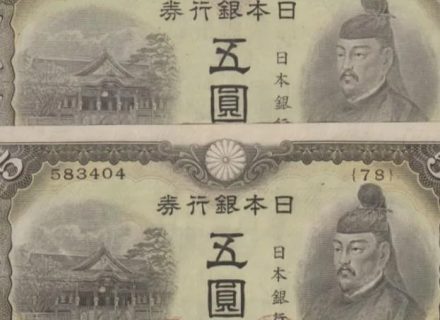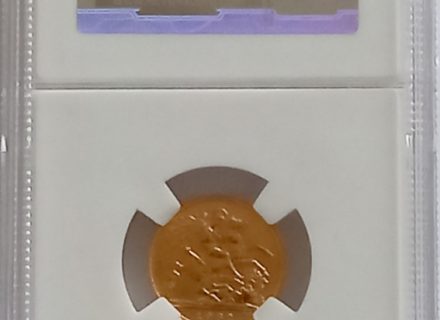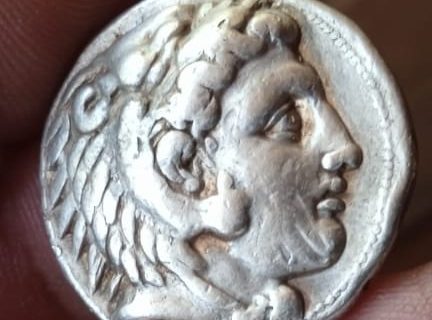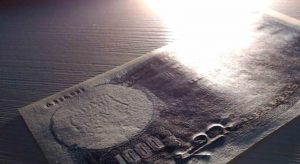
Some common mistakes could ruin your collection, so it is better to be aware of them before doing something that will devalue your collection forever. Let’s have a look:
Generally speaking, antiquity and imperfection is not always a bad condition in the collecting world, but the opposite. In numismatics, in particular, such qualities are a plus, and wear and tear must be evaluated with extreme caution. Nowadays, especially if we are beginners in this hobby, it is quite common to look up advice and tips on the Internet. Although the Internet is a super powerful tool for getting new knowledge, we should be very careful and follow these recommendations:
· Washes: you can find endless tips on the Internet about how to clean coins and banknotes: with neutral soap, lemon, olive oil, or even beer! Using a soft brush, only with the tips of your fingers… We are not saying that your banknote will be cleaner after following such tips, but it will also be less authentic and, as a result, devalued.
· Ironing or presssing: Ironing or pressing: if a banknote is wrinkled, the wrinkle will still be there after ironing it. It could even be more noticeable after doing it. What won’t be the same anymore is its relief, and that will devalue our piece much more than a wrinkle.
· Border cutting: it may sound ridiculous to you or not, but some people think that cutting border imperfections improves the quality of the banknote. Nothing is further from reality.
· Typographical correction: covering those print mistakes or wear and tear with a marker? No, thanks!
- Typographic manipulation or re-printing: to correct those faults or wear and tear of the printing with a felt-tip pen or any chemical product. Please do not.
- Repatination/polishing: you can read on the internet a thousand ways to create patina or polish a coin. We do not recommend it.
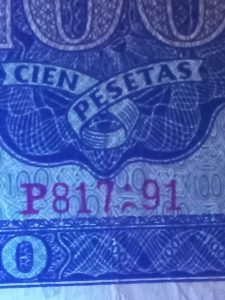 Then, what should we do to improve the appearance of our collectibles? The short answer is easy: NOTHING.
Then, what should we do to improve the appearance of our collectibles? The short answer is easy: NOTHING.
Banknote sizing, wear and tear, or small mistakes are part of the magic of this hobby. A virgin banknote with its original sizing is the most appreciated, even with those mistakes.
If you still want to clean or improve the look of a coin or a banknote, we strongly recommend going to a specialist. A professional will use better, safer techniques and specific products than home remedies.
Being aware of all this will help us not spoil our collection, detect manipulated pieces, and avoid being potentially scammed. The seller should let us know if a banknote has been manipulated or reconstructed. So, be suspicious if a banknote:
- Gives off a bleach, chemical, or any odor other than an old smell (although it could be a plastic smell due to the place where it was stored).
- When you pick it up, it is straight and has little consistency. The paper seems thinner than usual, has a different color intensity, and lacks sizing.
- In the margins, it has no stain, or the size of the bill is smaller than it should be, however slight the difference.
Be wary of a coin if:
- Different tonalities are observed in the field and legend.
- It has very marked hairlines.
- It has a very high brightness that looks artificial.
Even if we pay close attention, some manipulations are complicated to detect, so the best way is to deal with trusted sellers that offer certain guarantees. And if you are going to buy online, we remind you of this post with some precautions to consider.
Collection maintenance
Originality is an unquestionable value within the collector’s specimens. That does not mean, of course, that we should not try to keep them in the best possible condition and prevent them from deteriorating further. We must be careful when handling our collectibles, always with clean hands. Avoid excessive handling (if they are handled with gloves, much better), hitting them in the case of coins, and, very important, keep drinks and any kind of liquid away from our banknotes.
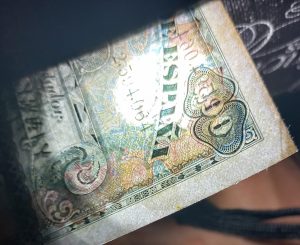 At NCV Grading we are committed to encapsulation and certification as the best guarantee of durability and conservation of banknotes and coins. Once individually encapsulated, they can be handled without fear of damage or irreparable accidents and are much easier to preserve. On the other hand, our objective and professional certification and classification will be very useful if you want to sell your pieces now or in the future.
At NCV Grading we are committed to encapsulation and certification as the best guarantee of durability and conservation of banknotes and coins. Once individually encapsulated, they can be handled without fear of damage or irreparable accidents and are much easier to preserve. On the other hand, our objective and professional certification and classification will be very useful if you want to sell your pieces now or in the future.
Would you like to certify your collection?
If you want us to grade one or many of your banknotes or coins, you will find in this link how to do it step by step. And here are some tips on how to prepare your package:
• Banknotes: put them in an individual plastic case, free of acids. Then, put that case between two rigid plaques (cardboard, hard plastic, or a folder) so it won’t fold during transportation.
• Coins: they must be packed and shipped individually so they don’t get hit, specifically cardboard files or plastic capsules.
Do you try our certification service?

